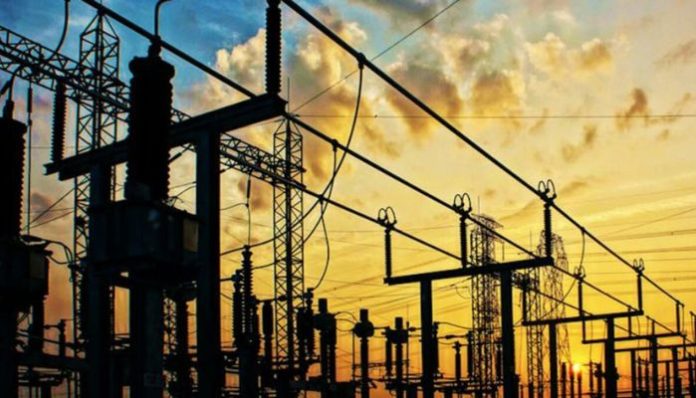Nigeria’s national power grid suffered a complete collapse on Thursday, resulting in a nationwide blackout and intensifying concerns over the country’s fragile power infrastructure.
The collapse, recorded at 11:30 a.m., came just a day after a partial grid failure, plunging the entire nation into darkness and affecting all 22 operational generation companies, according to data from the Nigerian System Operator’s portal.
The latest collapse adds to a series of grid failures this year, with major incidents previously reported in February, August, and October. October alone saw three separate disturbances, including a near-complete outage on October 19. The repeated failures have amplified scrutiny on the Transmission Company of Nigeria (TCN) and raised questions about the country’s capacity to sustain a stable electricity supply.
Following the collapse, Ikeja Electric issued a public notice confirming the outage and efforts to restore power. “Dear Esteemed Customer, please be informed that we experienced a system outage today, 07 November 2024 at 11:29Hrs, affecting supply within our network. Restoration of supply is ongoing in collaboration with our critical stakeholders. Kindly bear with us,” the statement read.
The frequent blackouts are common in Nigeria, a nation of over 200 million people, largely due to ageing infrastructure, vandalism, and inadequate gas supply for thermal power plants that produce over 75 percent of the country’s electricity.
While Nigeria has the capacity to generate up to 13,000 megawatts, its ageing grid can distribute only about a third of this output, forcing many businesses and households to rely on fuel-powered generators.
With blackouts becoming increasingly frequent, Nigerians are calling for urgent reforms to boost grid stability and alleviate the country’s power crisis.













